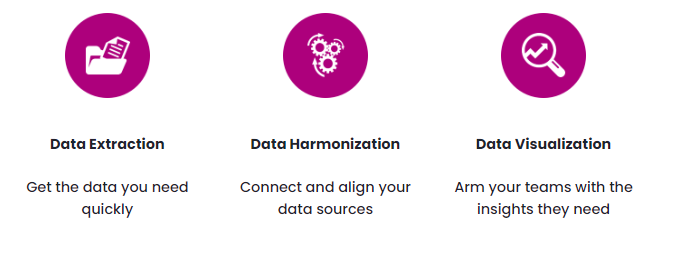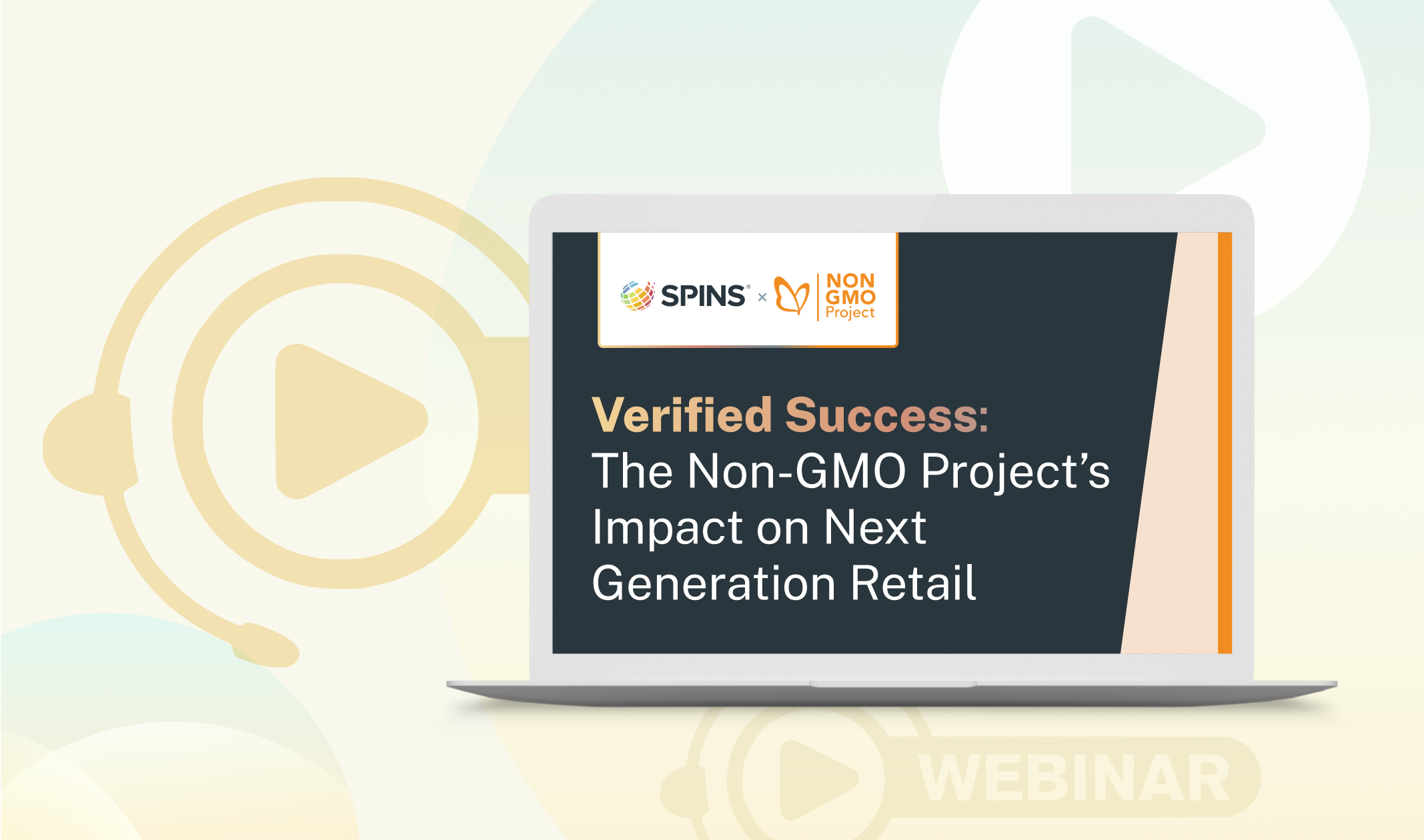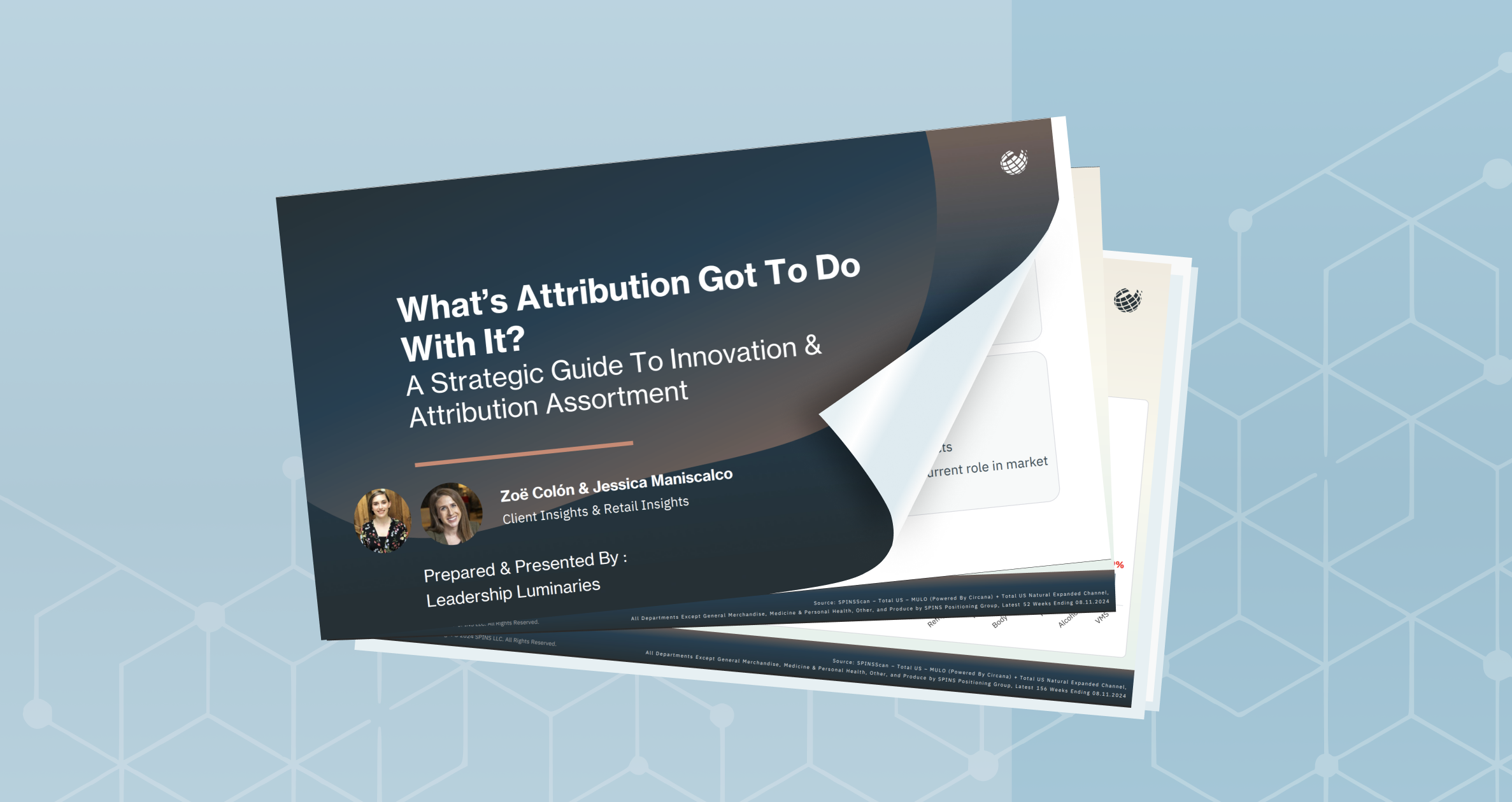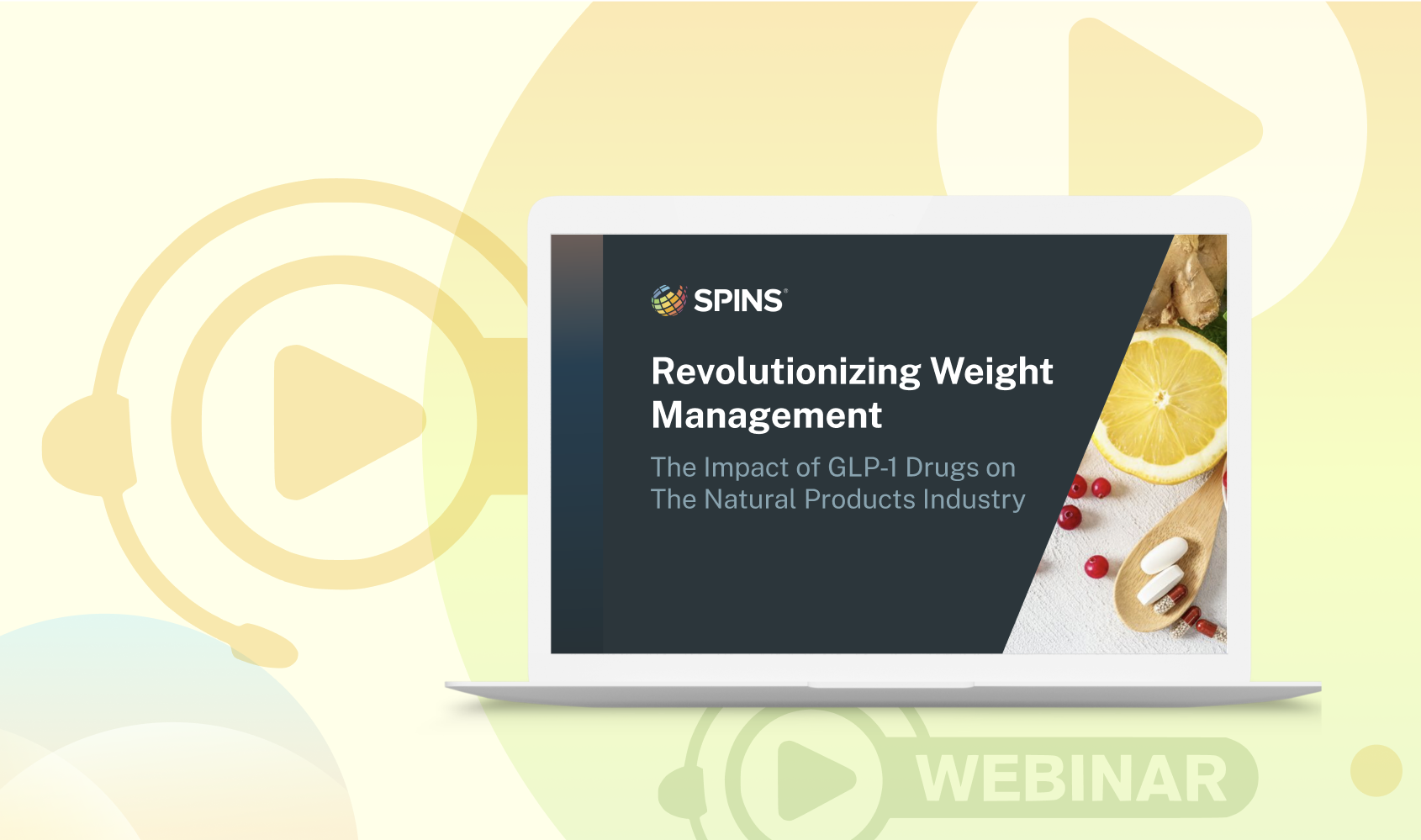Introduction
Over the past several years, CBD has become a hot topic in the natural products market, becoming a staple on store shelves in food and beverages, topicals, supplements, and even pet food. It has gained a reputation as a versatile ingredient that can help manage pain, improve your immune system, and treat chronic conditions. Many of these use cases are still being researched, but brands are trying to meet the public’s rising demand and carve out space in the CBD market.
When I meet with teams from different brands, they are often excited to see the Natural Products industry expanding along with increased consumer interest in new products, but they struggle to navigate the uncharted territory of CBD. This is where having a comprehensive view of market data is invaluable, but it’s not always easy.
The Challenges of CBD Data
The first obstacle many brands run into when trying to get a clear look at CBD data is that it’s often mislabeled by data providers. If your data provider doesn’t have a strong grasp of attribution details and code CBD correctly, you could end up with reports that erroneously group all hemp products together with no distinction for CBD.
Adding another complication is how limited many data providers’ CBD figures are. If a data provider does include CBD figures, they often have a small number of products on their radar. When talking to your data partner, find out how many UPCs they include and how frequently they are adding additional ones. SPINS has an exclusive and unique view of the market because we are the only data organization to include figures from the Natural Enhanced Channel, where the majority of CBD sales occur. Without this comprehensive data, you have an incomplete view of what’s actually happening in the market.
Perhaps the most complicated layer in tracking CBD performance is its inconsistent legal status throughout the U.S. While federal law allows CBD products that contain 0.3% of THC or less, each state has its own laws, with most allowing CBD in some form but many restricting its use in food or beverages—and a few outlawing it entirely. Understanding the potential for CBD growth and which markets are open for business is essential for any brand looking to move into this young space.
Finding a Single Source of Truth
Bringing data together is one of the most important steps a brand can take to ensure they’re making informed and forward-thinking decisions, which is something we strongly advocate for here at SPINS. Our preferred partner for data harmonization, DAAP, allows brands to bring together their data streams into a cohesive view and have a single source of truth—including CBD data.
DAAP not only makes accessing and viewing all of your data simpler by using intuitive dashboards, but it also helps you overcome the challenges that CBD can present. First, we understand the nuances of attribution and adhere to specific guidelines that ensure we’re coding our products accurately, with CBD products having their own space. That accuracy matters because we are constantly adding new UPCs to our database—often hundreds per week. As our dataset rapidly grows, we are committed to ensuring it continues to retain its accuracy and includes the most CBD products of any data provider.
Our data team also tracks the evolving laws as some states continue to ease restrictions and others considering legalizing CBD in coming years. The power of DAAP’s data harmonization—no matter which streams you use—combined with SPINS’ insights ensure you have all the sales data you need with the added layer of legal status on top. And most importantly it’s presented in dashboards you can easily understand, configure, and export. Not only can you use these reports to understand the state of your business and adjust your strategy for this growing market, but you can also take these reports to meetings with retailers and build your case for wider distribution to meet customer demand. CBD still offers a considerable amount of white space for brands, and combining all of your data together is the smartest move you can make to claim your territory.
SPINS, in partnership with DAAP, can help you get a clear view of the CBD market so you can make the most informed decisions about your current product offerings and your next innovation. If you want to find out how we can work with you, contact us or learn more about DAAP.
Perteet Spencer is the Vice President of CPG and Enterprise Sales for SPINS.
Accelerate Action and Accessibility
With more sources in your ecosystem, we help you do more with data. Here’s how we get you there.





